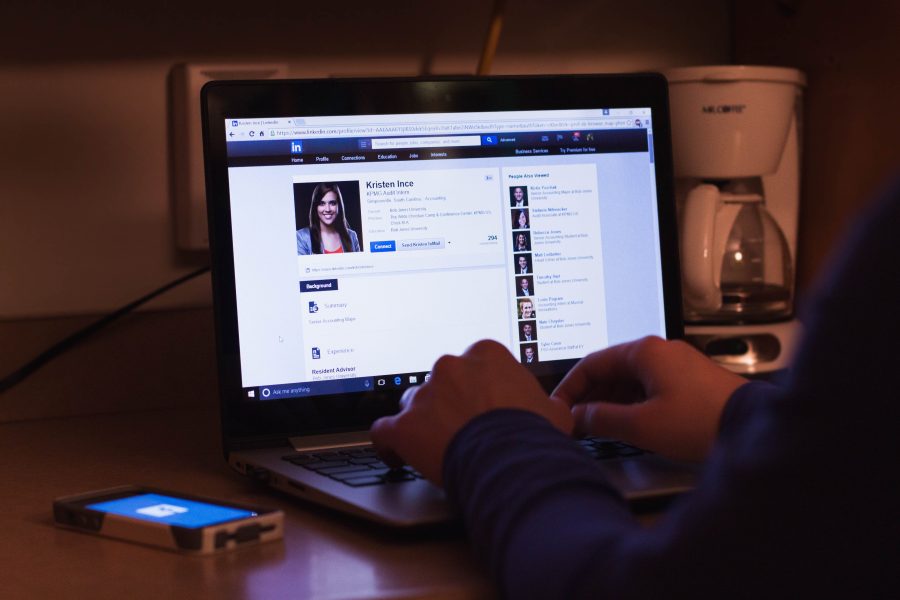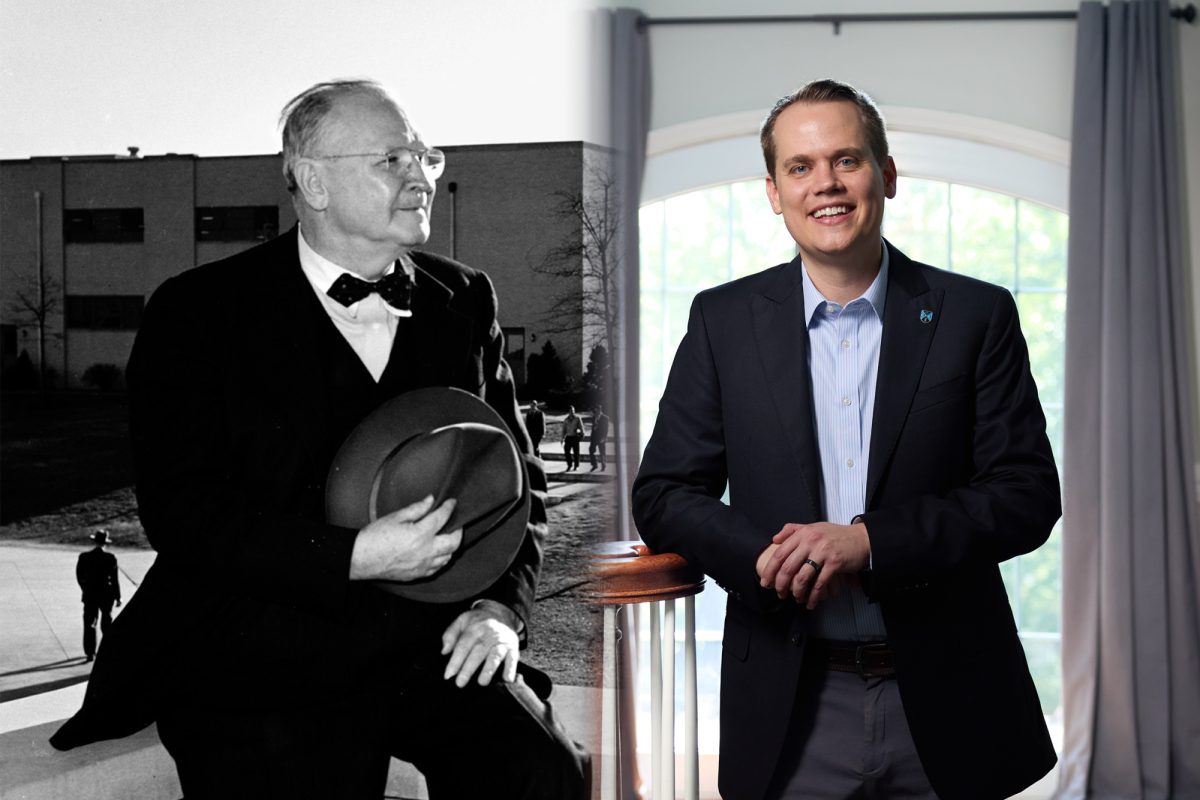If you’re a college student, chances are you’ve grown up with social media, and as you’ve matured and grown, so too has social media, which has slowly become a bigger and bigger part of everyday life.
The disorganized landscape was once a novel place to share information with friends and family, but now it has transformed into a billion dollar industry that has already started an upheaval in the news industry, job hunting, publishing, advertising and more.
Facebook, once a curiosity for Harvard students, recently reached a milestone: On Aug. 24, 1 billion people were logged on to the site. One-seventh of the world’s population was logged on to Facebook at some point that day. Obviously social media is here to stay, and its influence will continue to grow. Although social media might be intimidating for some, being a proficient user of it is virtually essential, and the Collegian is here to help.
Two BJU faculty helped in compiling a list of the top five things to keep in mind while using social media. Jonny Gamet, the sports information director for the Bruins, among his many responsibilities, oversees all of the Bruins’ social media accounts, and he will also teach an entire class on social media in the spring semester.
Dr. Randy Holley, a professor in the division of management, works in human resources and has hired many employees throughout his career. He has a deep understanding of what employers want to see in a job applicant’s online habits.
Here’s the list:
5. Be current.
Some people check and update their social media accounts constantly, but for others, logging on to Facebook might be a rare occurrence. Either way, Holley says the importance placed on social media (especially by prospective employers) demands that users, at least periodically, update their online presence.
He recommends that for whatever field you’re studying to make some of your posts related to that topic. For instance, an artist can post links to his or her work, or someone interested in science could post links to journal articles.
“Employers want to see what you are doing right now, and know you are staying current,” Holley said.
4. Use a timer.
Gamet recommends a very practical way for not letting Twitter devour your study time.
“We all have timers or stopwatches on our smartphones,” Gamet said. “Give yourself an allotted amount of time for social media and stick with it.”
3. Use discretion.
“You would hopefully never walk into an interview and accost the interviewer with pictures of your cat, or rant obsessively about some political issue,” Holley said.
His example is humorous, but the consequences of poor judgment on social media can be much worse than missing a potential job. To help student athletes better understand the power of social media, Gamet conducts a seminar with Bruins’ players to help build social media prowess.
“Social media can do so much good, but it can also destroy your life. We have so many examples in the training of business professionals losing their careers over a tweet,” Gamet said.
Googling “dumb tweets fired” will present you with list upon list of employees’ foolish posts getting them fired. Gilbert Gottfried, for instance, was fired from being the voice of the Aflac duck in 2011 due to an offensive tweet.
2. Be professional.
Gamet refers to social media as the living resume. Your resume demonstrates who you are as a person, and so does your content on social media. Holley advises those who are in the job- seeking process to think of what they post on social media in terms of a job interview, meaning if you wouldn’t say something in a job interview, don’t post it.
Being professional involves being in the right state of mind. Gamet suggests players avoid Twitter in moments of defeat or anger, but rather wait and post with a clear mind.
1. Be Christlike.
Both Gamet and Holley discussed social media’s ability for spreading a positive message.
“Show genuine concern for others in your public responses, demonstrate forgiveness, and reflect godly wisdom. Those practices provide your profile with a sense of mature integrity, and put you on the right foot to be a testimony to others,” Holley said.
Gamet talked of the ripple effect social media can have. A Bible verse he tweets can be retweeted, sending it to a totally new audience where it could be a huge encouragement to someone he has never even met.






























































